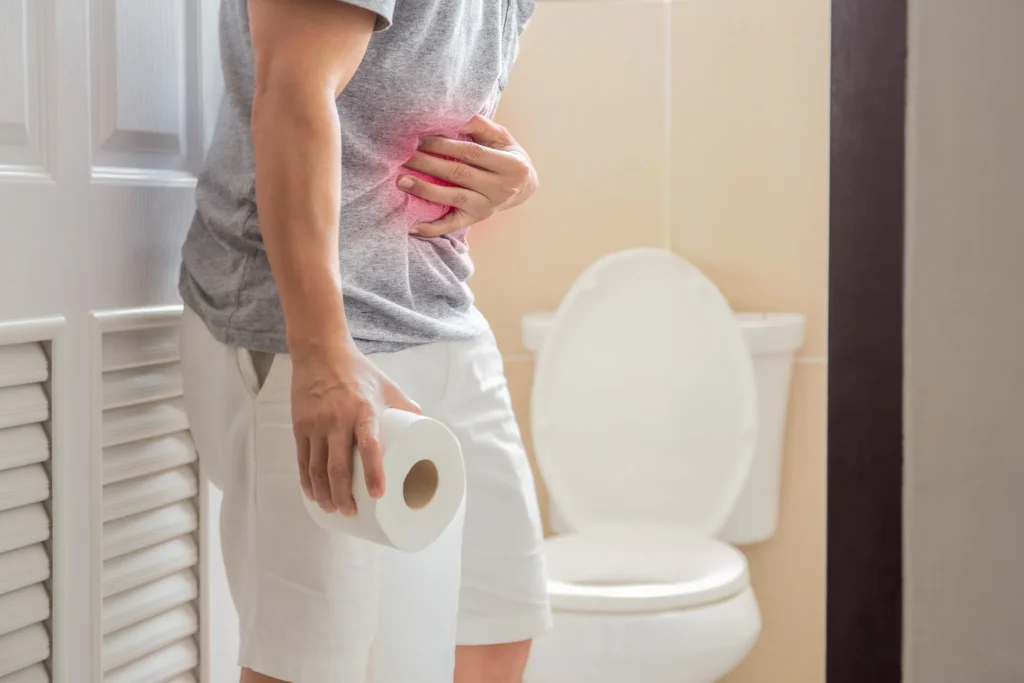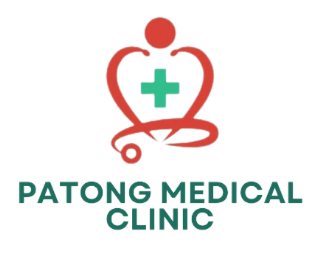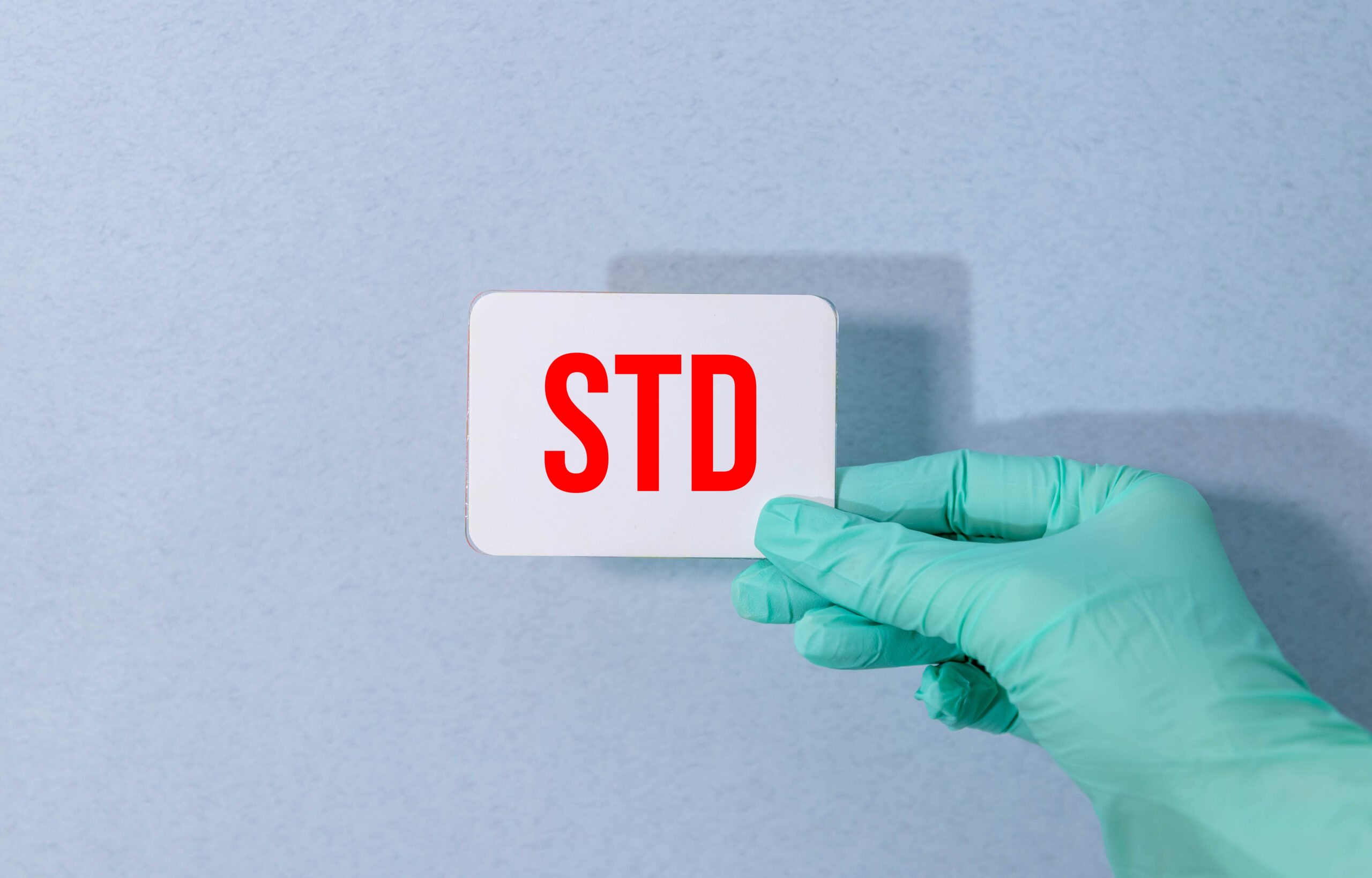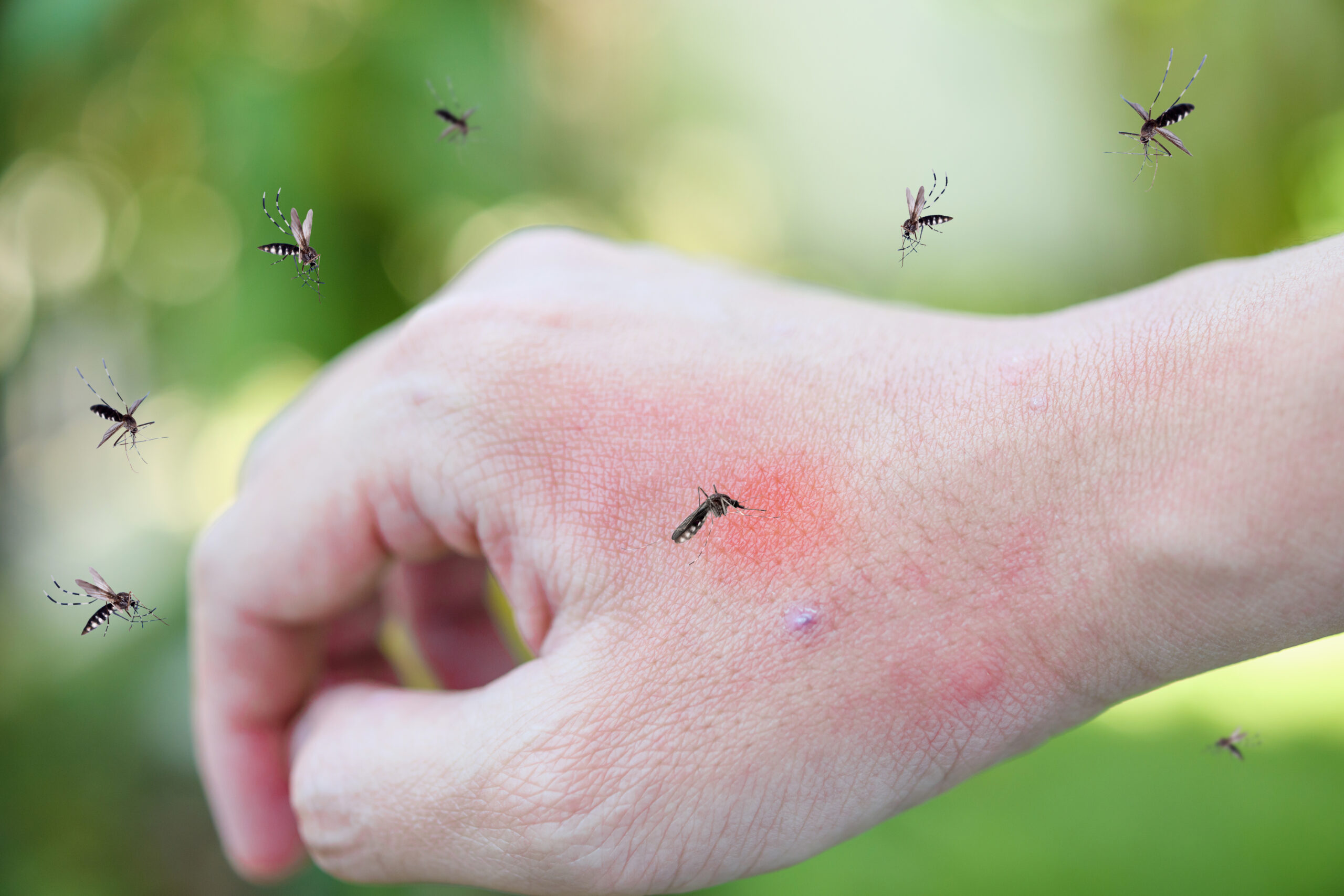Diarrhea is a common digestive issue that affects people of all ages. While it’s often mild and temporary, it can become serious if not managed properly—especially while traveling in tropical climates like Phuket, Thailand.
Understanding the causes and prevention of diarrhea can help you stay safe and comfortable, whether you’re at home or exploring a new destination.

What is Diarrhea?
Diarrhea is defined as having loose, watery stools more than three times a day. It can be acute (short-term), persistent, or chronic, depending on how long it lasts and what causes it.
Other symptoms may include:
- Abdominal cramps or pain
- Nausea or vomiting
- Bloating or gas
- Fever
- Urgency to use the toilet
Common Causes of Diarrhea
Diarrhea can result from a wide range of factors. Some of the most common include:
1. Infections
- Bacteria: Such as E. coli, Salmonella, Shigella, and Campylobacter
- Viruses: Like norovirus or rotavirus
- Parasites: Including Giardia and Entamoeba histolytica
Contaminated food, water, or surfaces are frequent sources, particularly in developing regions or during travel.
2. Food Poisoning
Eating undercooked or spoiled food, or consuming beverages made with unsafe water, can lead to foodborne illness.
3. Traveler’s Diarrhea
This condition often affects people visiting new regions, like Southeast Asia, where local bacteria may be unfamiliar to the immune system.
4. Food Intolerances
Some people are sensitive to certain foods, such as:
- Lactose (found in dairy)
- Gluten (in wheat and barley)
- Artificial sweeteners like sorbitol
5. Medications
Antibiotics, antacids with magnesium, and certain blood pressure medications can cause digestive upset.
6. Medical Conditions
Chronic conditions like irritable bowel syndrome (IBS), Crohn’s disease, or ulcerative colitis may also trigger diarrhea.
How to Prevent Diarrhea — Especially While Traveling
If you’re visiting Thailand or a tropical country, prevention is key to avoiding travel-related illness.
1. Eat Safe, Clean Food
- Choose cooked food that’s served hot and fresh
- Avoid raw or undercooked seafood
- Be cautious with salads or fruits that aren’t peeled or washed properly
2. Drink Safe Water
- Drink bottled or boiled water only
- Avoid ice if you’re unsure of its source
- Brush your teeth with bottled water in unfamiliar areas
3. Wash Hands Regularly
- Use soap and water before eating or after using the toilet
- Carry alcohol-based hand sanitizer when you’re on the go
4. Be Cautious with Street Food
Street food is popular and often delicious, but choose vendors who:
- Cook in front of you
- Maintain a clean cooking area
- Have a steady line of local customers (a good sign of trust)
When to See a Doctor
While mild diarrhea usually clears up within a few days, you should seek medical care if you experience:
- Diarrhea lasting more than 2–3 days
- Signs of dehydration (dry mouth, dizziness, low urine output)
- Blood in your stool
- High fever
- Severe abdominal pain
Doctor Karon Clinic – Here to Help Travelers in Phuket
If you’re visiting Phuket and experience diarrhea, food poisoning, or stomach-related symptoms, visit Doctor Karon Clinic for fast, professional care.
We offer:
- Diagnosis and treatment for foodborne illnesses
- IV hydration therapy for dehydration
- Prescription medication if needed
- Friendly, English-speaking staff
- Convenient location near Karon Beach
Whether you’re a tourist, expat, or resident—we’re here to help you recover quickly and get back to enjoying your trip.



